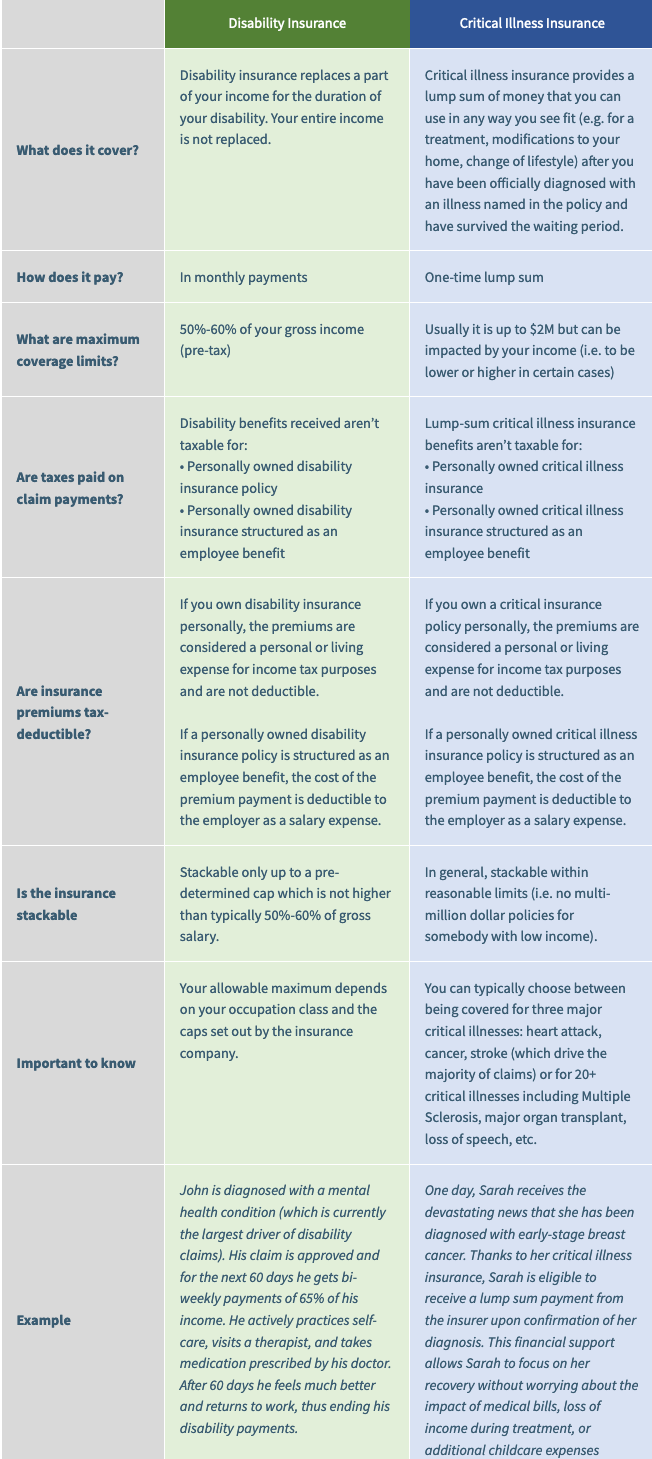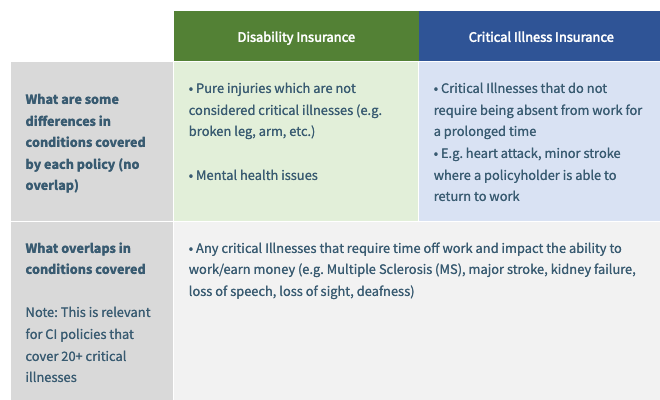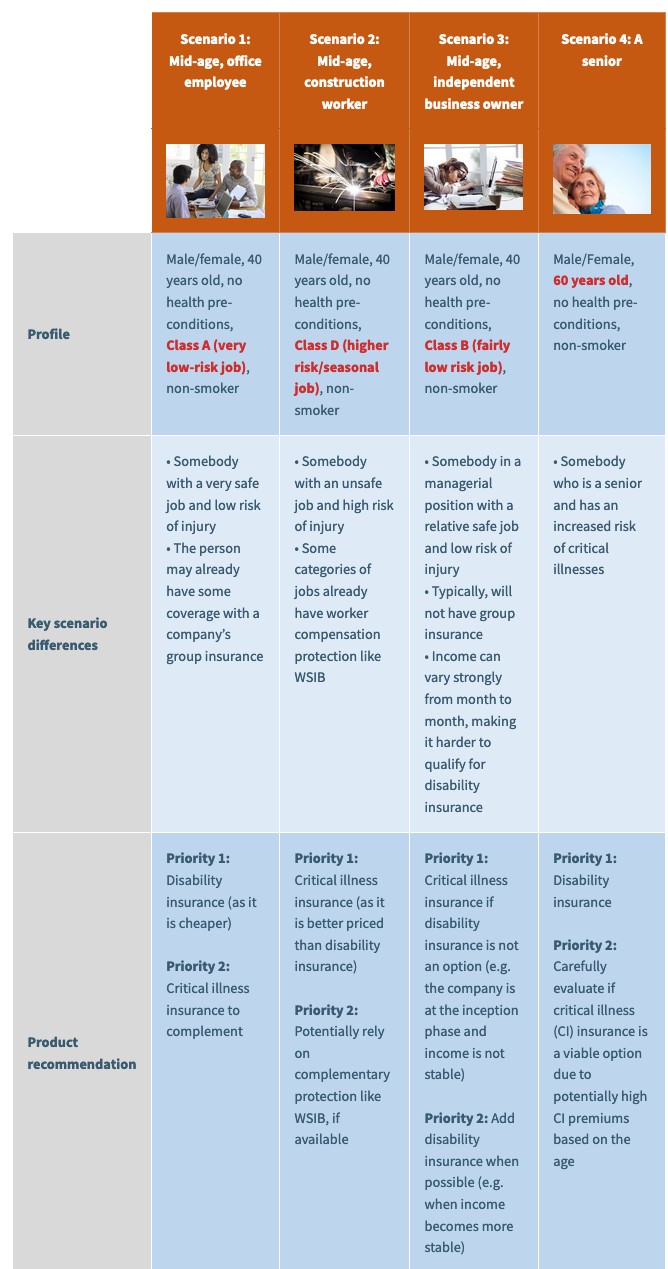
By Evan Kaur
(Special to Financial Independence Hub)
Imagine waking up to new horizons each day, with the promise of adventure and luxury at your fingertips. For many, retiring and spending their golden years exploring the world from the comfort of a cruise ship is the ultimate dream, and some are turning it into a reality.
Citing data from the Cruise Lines International Association, MoneyDigest highlights that 50% of the 20.4 million people who took a cruise in 2022 were over the age of 50, while 32% were over 60. However, it’s also important to note that this lifestyle is not attainable for everybody.
A poll conducted by the National Institute on Retirement Security finds that more than half of Americans (55%) are concerned that they cannot achieve financial security in retirement, much less afford to live on a cruise ship. That’s where the FIRE (Financial Independence, Retire Early) movement comes into play. In this article, we’ll explore why so many are drawn to retiring at sea and how the FIRE strategy can help folks achieve enough financial security to live out their cruise ship retirement dreams.
The Appeal of Cruise Ship Retirement

Retiring on a cruise ship is an attractive option for those who seek adventure, comfort, and a unique globetrotting lifestyle, but its biggest draw is that it can be more affordable than retired life on land.
According to an article from CNBC, the average annual cost to retire comfortably in the U.S. can be anywhere between US$55,074 and $121,228, depending on which state you choose to live in. These numbers factor in living costs, including groceries, healthcare, housing, utilities, and transportation.
Meanwhile, the 2021 national average for a private room in a nursing home was estimated to cost $108,405 per year. By contrast, Business Insider reports that cruise ship companies looking to capitalize on the retirees-at-sea trend now offer fully furnished homes aboard their ships for roughly US$43 a day or less. Continue Reading…





 Choosing between
Choosing between 


